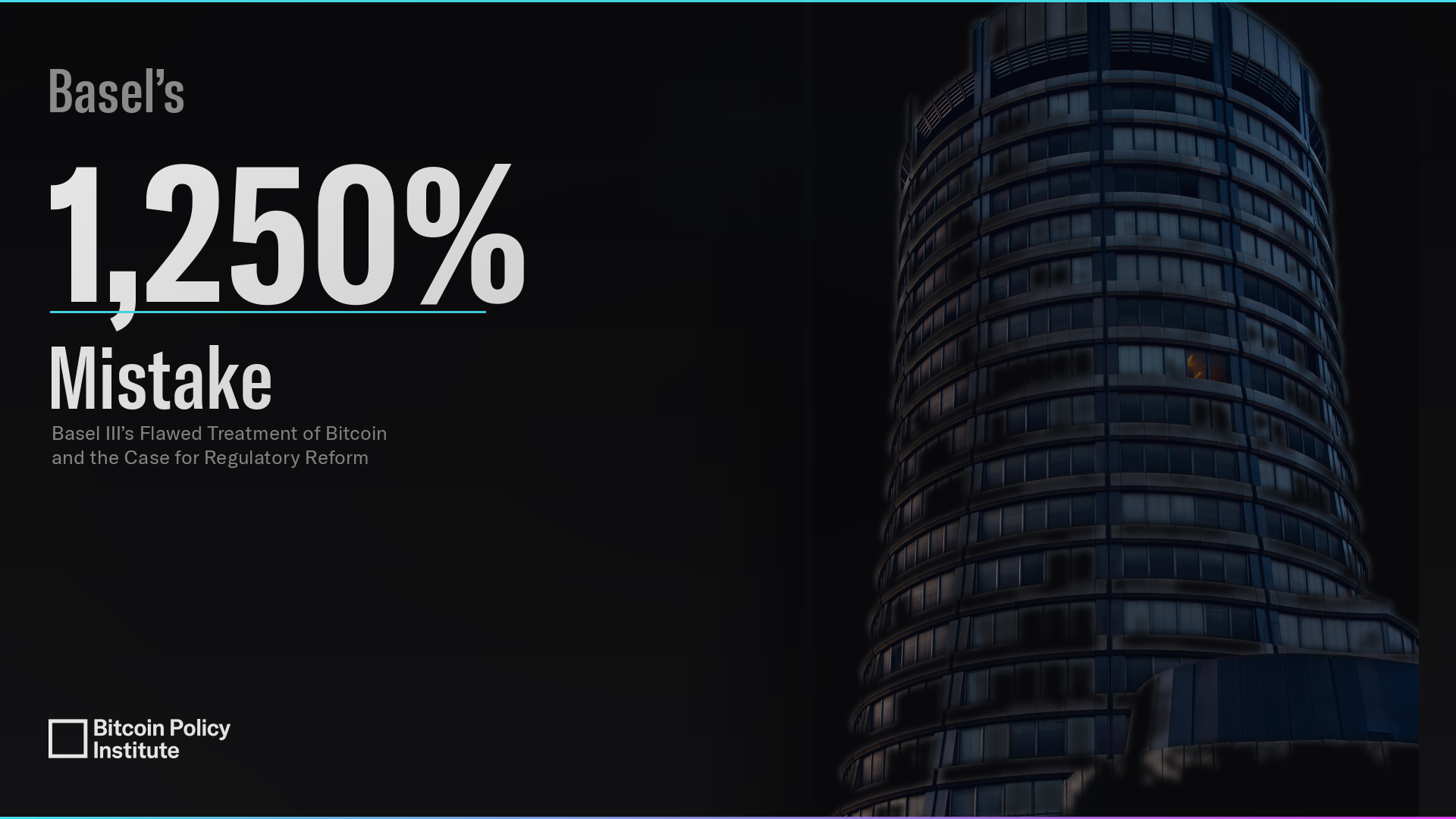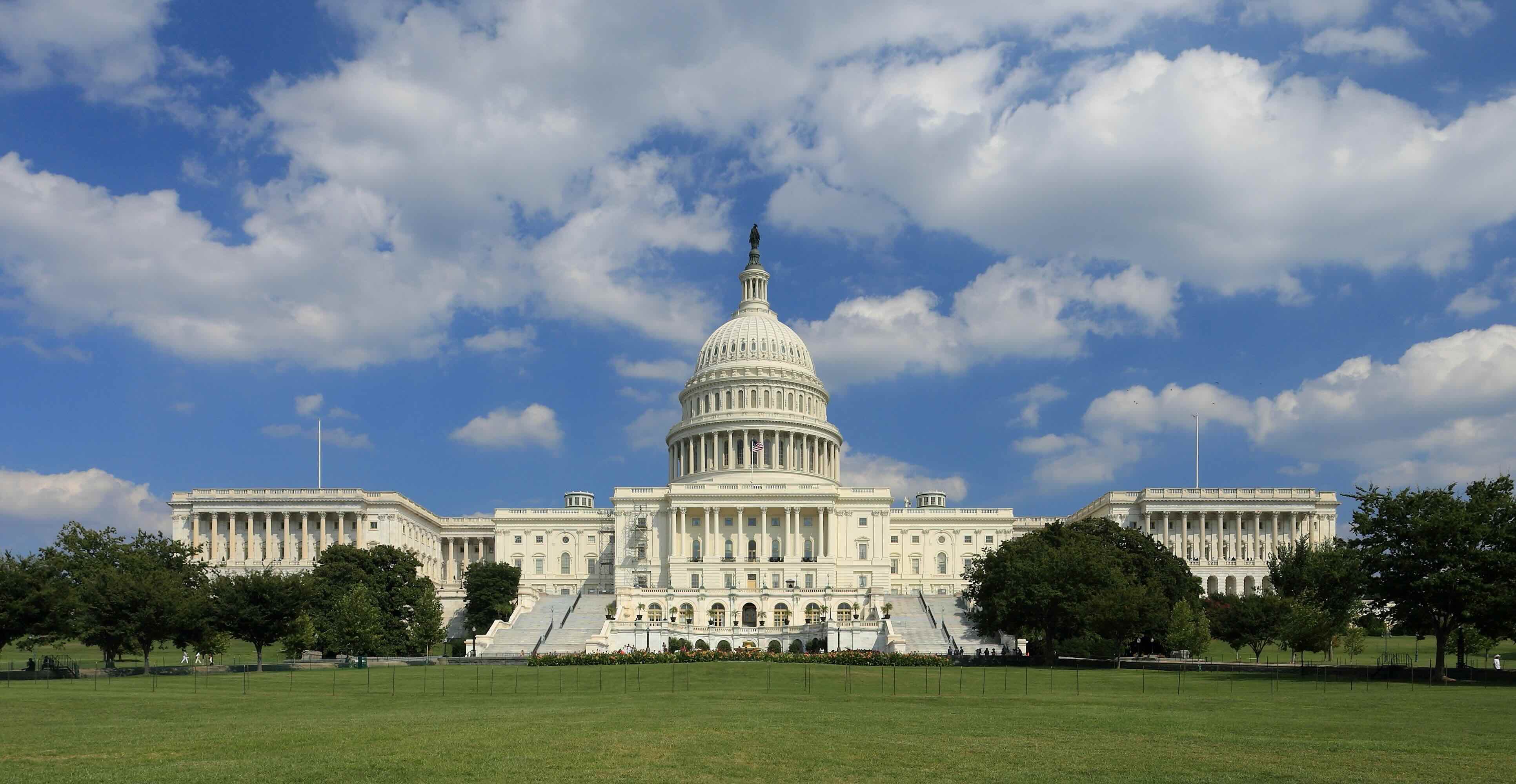Open Letter to Members of the United States Senate on the Proposed DeFi Framework and the Need to Preserve Developer Protections from CLARITY
An open letter from BPI's Head of Policy Zack Shapiro to Democratic Senate offices urging them to reject Democrats' proposed DeFi framework and preserve the developer protections at the heart of the CLARITY Act.

To Whom it May Concern,
I wanted to reach out candidly after reviewing the draft DeFi oversight proposal from Senate Democrats. I understand and sympathize with the intent of preventing illicit finance and bringing coherence to a fast-moving sector, but as written, this would functionally amount to a ban on open, peer-to-peer financial technology in the United States.
The proposal hands Treasury sweeping discretion to determine who "controls" a protocol, what qualifies as "sufficiently decentralized," and which protocols may appear on a "Restricted List." The problem is not just that these judgments are subjective, but that they are unworkable in practice. It asks Treasury to make case-by-case determinations about who "exercises sufficient influence" without ever defining what that means, and then explicitly states in the Savings Clause that a finding of "control or sufficient influence" does not require proof of unilateral control or custody over user assets or the protocol itself. That language erases the one principle that makes sense in this context: if you don't actually hold or direct other people's money, you are not a financial intermediary. By abandoning that standard, Treasury is left to treat software contributors, governance participants, or even website operators as if they were custodians or brokers. It is arbitrary, impossible to apply consistently, and completely out of step with how existing law distinguishes between infrastructure and financial actors. The CLARITY Act, by contrast, uses the concept of control to draw that line in a way that is clear, predictable, and tied to objective facts rather than agency opinion.
We've already seen how this theory plays out in practice. In the Tornado Cash and Samourai Wallet cases, the Government blurred the line between speech and financial conduct by treating developers and publishers as if they were running money-services businesses. It is, in effect, a form of prior restraint: it punishes people for publishing or operating software that might be used for illegal purposes, even when the software itself is lawful and open to everyone. This bill would take that logic and make it the baseline for all of crypto, threatening engineers, open-source maintainers, and independent developers with potential criminal penalties for the act of writing or running code. It would also bring front-ends—mere websites that provide a user interface to public networks—under the same obligations as custodians and brokers, even though they never touch user funds. Once you accept that premise, the Bank Secrecy Act has no limiting principle. Anything that facilitates a transaction, however indirectly, can be captured: the server hosting the code, the wallet manufacturer, or in the extreme, the hardware that connects a person to the network.
Equally troubling, this framework undermines the very values that have historically animated U.S. leadership in finance and technology: free expression, permissionless innovation, and broad inclusion in markets. The peer-to-peer architecture of blockchains is not a side feature; it is the core innovation that separates these networks from traditional financial rails. It replaces the need for trusted intermediaries with cryptographic verification, making finance open, auditable, and accessible to anyone. That's what makes it both anti-authoritarian and profoundly inclusive. Subjecting those systems to discretionary licensing by U.S. regulators would destroy that design at the root. It would tell every developer and entrepreneur that building true peer-to-peer infrastructure is off-limits.
The industry understands that clearly, and if this proposal moves forward in its current form, it will be seen as an existential threat—not just to crypto, but to the principle of open, non-custodial financial innovation. If that happens, the response will be broad and intense. Civil-liberties organizations, open-source groups, and virtually every serious U.S. project will align in opposition, and it will become politically difficult for Democrats to claim support for responsible innovation while backing what amounts to a crypto ban.
There is already a workable alternative. The CLARITY Act anchors regulation where it belongs: in unilateral, independent control over customer assets or transactional flows. That is the only rational dividing line between a regulated intermediary and an unregulated piece of software. It aligns directly with existing definitions under the securities, commodities, and banking laws, and it provides a bright-line test that developers, regulators, and courts can all understand. Anything broader invites the kind of arbitrary, inconsistent enforcement that this bill would institutionalize.
Happy to discuss specifics or share alternative language that could address the legitimate policy aims here without crossing those lines.
Sincerely,
Zachary Shapiro
Head of Policy, Bitcoin Policy Institute



.svg)
.avif)




